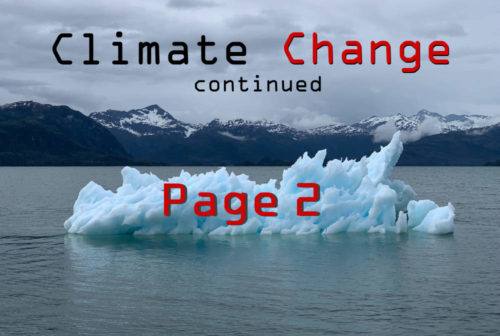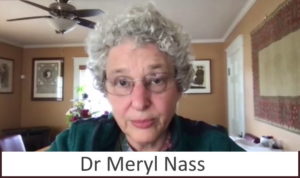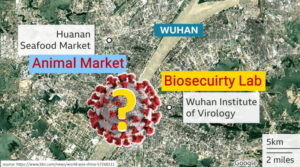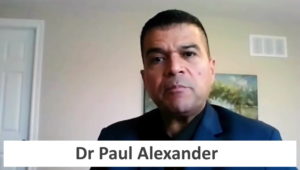WHO establish global coronavirus genome surveillance network – CoViNet – for new vaccines etc
On March 27, 2024 the WHO launched the WHO Coronavirus Network (CoViNet), a global network for coronavirus genome survailance. [4] The CoViNet network replaces the "WHO SARS-CoV-2 Reference Laboratory Network", which was established by the WHO in January 2020 which had the initial objective to provide confirmatory testing to countries with no or little testing capacity" but extended to genome sequencing! "In order to be able to monitor not only SARS-CoV-2 but also other coronaviruses in the future, the WHO has now expanded the scope and objectives of the reference laboratories. ...Further, they are to enhance capacities for the identification of novel coronaviruses. Worldwide, 33 laboratories have been selected by the WHO as founding members of the CoViNet network." [1] On the same day Prof. Christian Drosten's lab in Germany becomes one of the first labs worldwide to sequence coronavirus genomes to assist in determining the next (no doubt seasonal) COVID-19 spike protein antigen strain for the COVID-19 mRNA "vaccines" spike protein gene sequence. [1, 2] "Monitoring will no longer be limited to viruses circulating in humans, but will increasingly be extended to animals and the environment." "The objective of an update to COVID-19 vaccine antigen composition is to..> READ MORE







